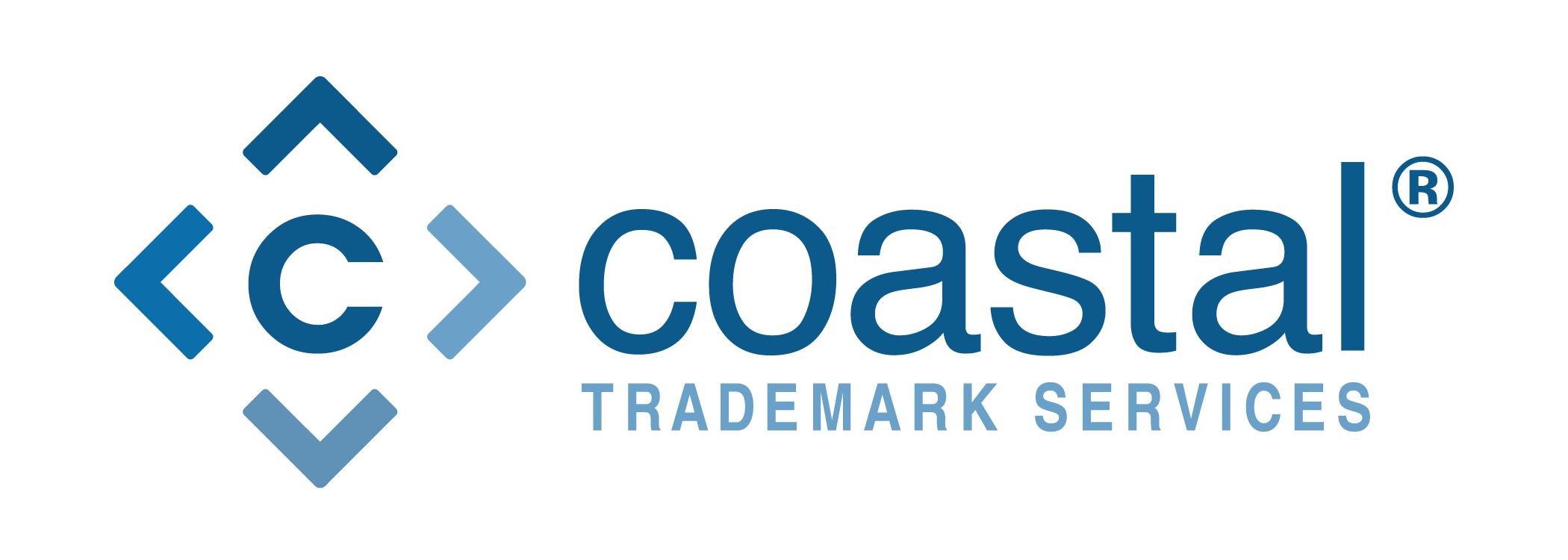
In Canada, applicants may rely on one or more bases when filing a trademark application, including use in Canada, proposed use in Canada, and foreign application/registration and use. The latter basis permits foreign applicants who own a corresponding registration in their country of origin and who have used the trademark in any foreign country to obtain a registration in Canada without having used the trademark in Canada. The material date for establishing use abroad has been a source of debate amongst trademark practitioners, and was recently addressed by the Federal Court in The Thymes, LLC v. Reitmans (Canada) Limited, 2013 FC 127.
Before addressing the court’s decision, it may be helpful to review the relevant legislation.
Section 16(2) of the Trade-marks Act reads as follows:
(2) Any applicant who has filed an application in accordance with section 30 for registration of a trade-mark that is registrable and that the applicant or the applicant’s predecessor in title has duly registered in or for the country of origin of the applicant and has used in association with wares or services is entitled, subject to section 38, to secure its registration in respect of the wares or services in association with which it is registered in that country and has been used, unless at the date of filing of the application in accordance with section 30 it was confusing with
(a) a trade-mark that had been previously used in Canada or made known in Canada by any other person;
(b) a trade-mark in respect of which an application for registration had been previously filed in Canada by any other person; or
(c) a trade-name that had been previously used in Canada by any other person.
Section 30 of the Act reads as follows:
30. An applicant for the registration of a trade-mark shall file with the Registrar an application containing
…
(d) in the case of a trade-mark that is the subject in or for another country of the Union of a registration or an application for registration by the applicant or the applicant’s named predecessor in title on which the applicant bases the applicant’s right to registration, particulars of the application or registration and, if the trade-mark has neither been used in Canada nor made known in Canada, the name of a country in which the trade-mark has been used by the applicant or the applicant’s named predecessor in title, if any, in association with each of the general classes of wares or services described in the application;
In Thymes, the applicant filed an application in Canada claiming a) proposed use and b) use and application in the United States. The Federal Court upheld the decision of the Opposition Board to reject the second filing basis, as the applicant was unable to establish use in the United States as of the Canadian filing date.
In explaining the Court’s decision, Justice Manson noted that “the material date for determining compliance with section 30 of the Act is the date the application was filed” and stated the following in reference to Section 16(2) of the Act:
“There is no doubt a proper reading of that section requires that, at the time of filing the application, if an applicant relies on registration or application and use abroad pursuant to that section, there must have been use of the trade-mark at the time of the application to rely on this section as a valid basis to obtain registration in Canada.”
He went on to say that “further, the last portion of section 16(2) of the Act, namely: ‘unless at the date of filing of the application in accordance with section 30’, also supports the view that both section 16 and section 30 requirements must exist and be reviewed as at the date of filing the application.”
It is difficult to argue with the decision as it relates to the particular facts of this case – in Thymes, the 16(2) claim was made before there had been any use of the mark in the US. What is notable is the breadth of the language used by Justice Manson, as it may be interpreted to mean that use as of the Canadian filing date is required for a valid 16(2) claim, regardless of when the claim is made.
It has been common practice for many Canadian trademark practitioners to amend applications after filing to make a claim under 16(2) in situations where foreign use commences after filing but before advertisement. In that case, the applicant can credibly claim foreign use and application/registration prior to the filing date of the revised application. The Federal Court’s decision casts doubt on whether such claims will hold up in an opposition proceeding.
At Coastal, it has long been our practice to only rely on use and registration abroad when the following conditions are met at the filing date of the Canadian application (or priority date, if applicable):
i) a corresponding application or registration exists in the applicant’s country of origin, and
ii) the applicant has used the mark with the wares and/or services in any country.
At least until the scope of the Thymes decision is tested, a cautious approach will help safeguard clients’ applications and registrations from opposition or cancellation for invalid 16(2) claims.
